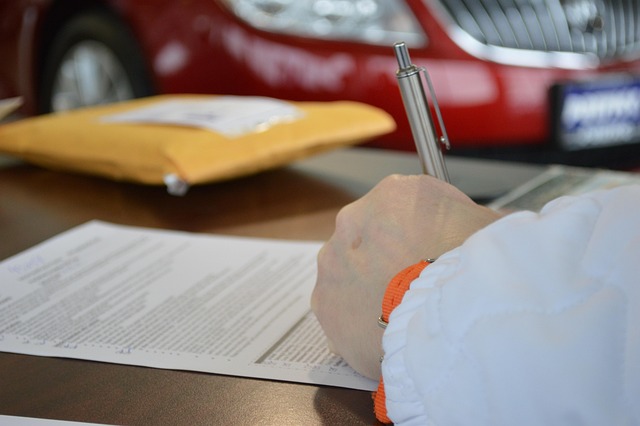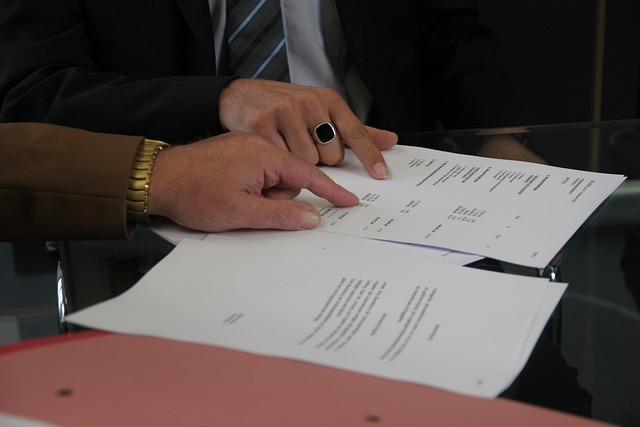Modern family life, ‘blended’ families and Parental Responsibility – What do you need to know?
This is the first in a series to provide insight into matters concerning children and child arrangements and may be particularly helpful to those with children who may have or be going through a separation, commencing a new relationship, remarrying or ‘blending’ families.
There is often confusion about the status of a new partner or ‘step parent’ and what rights and responsibilities they have when they take on a caring role for a child within a blended family unit, and the limitations it can place on how the family unit functions day to day – particularly if both partners come to the new relationship with children.
In short, as the non-biological parent of a cohabiting couple (regardless the length of time you have been in a committed relationship or how involved emotionally or financially you are with the children) you do not acquire legal rights in relation to your partner’s child. It’s important to know you can cannot be a ‘step parent’ without marriage.
By contrast, regardless of whether the biological parents of a child are married, unmarried, divorced or absent, the law places considerable weight on their rights. As a step parent, the ‘rights’ you have to make decisions are extremely limited, without having parental responsibility placing you on an equal footing with a biological parent.
What is Parental Responsibility (‘PR’)?
Parental Responsibility is defined as “all rights, duties, powers, responsibilities and authority which by law a parent of a child has in relation to the child and his property”. The focus is on the child, not the parents’ rights over a child.
A person with PR has key responsibilities – to provide a home and maintain the child but other key elements include the following:-
- Disciplining the child
- Making decisions about, education, medical treatment, religion, the child’s name
- looking after the child’s property
- Appointing a guardian
- Giving permission for the child to travel or live abroad
Each of these matters raise issues of their own, which will be dealt with under a separate blog, but the important message for these purposes is that decision-making concerning such matters must be made by those with PR and only those with PR. Whilst a ‘step parent’ may have a voice within those discussions ultimately they have no legal right to make the decision.
Who has PR?
A mother automatically has PR for her child, from birth. A same sex partner or Father’s PR depends on a number of factors.
If married to the child’s Mother or listed on the birth certificate (subject to some caveats at the date of the birth and where they were born in the UK) Father’s will have PR. The father does not lose PR by virtue of a divorce.
If the parents are not married, the father’s the position is a little different and PR can only be obtained in one of 3 ways
- Jointly registering the birth after 1st December 2003
- Getting a PR agreement with mother
- Getting a PR order from the court
A same-sex spouse or civil partner’s PR will be dependent on the circumstances of artificial insemination.
What about Step Parents?
A step parent does not automatically acquire PR by virtue of marrying a natural parent. PR for a step parent can only be acquired in very specific circumstances:
- A step parent adopts the child
- Signing a PR Agreement to which everyone else with parental responsibility consents and signs the agreement which is then lodged with the Court
- Obtaining a Parental Responsibility Order from the Court upon an application by the step parent, if married to one of the natural parent
- A Child Arrangements Order for the child to ‘live with’ the step parent alone or with another individual
Parenting Responsibility Agreements still remain a fairly rare breed considering the changing shape of modern families. Most likely people aren’t aware of them or the rights and responsibilities they can afford a step parent.
To put this all into context. Here’s an example for you of how such matters may impact day to day life.
You are in a committed relationship with Jen, you cohabit but are not married or civil partners. Your partner has 3 children from two previous relationships, Lottie (13) whose father has not been ‘on the scene’ for years and her half-brothers, Luke (10) and Jack (6). They live with you and Luke and Jack spend time with their father during weekends and holiday periods. Jen has gone away with work for 2 nights during the school week and you are caring for the children. Jack has been for a playdate and you get a call from his friend’s mother to say there has been an accident and Jack is injured. You take Jack to the hospital and he needs an operation to repair a break in his arm. You can’t get hold of Jack’s mother or his biological father. Whilst you have a caring role for Jack, you cohabit with his mother you do not have PR and have no basis on which to provide consent for medical treatment, this must be provided by someone with PR.
You and Jen decide to get married and have planned a wedding in France. She plans to travel ahead a few days before for last minute preparation with you bringing the children separately. Can you take them? No, not unless you have the written consent of all those with Parental Responsibility or an order of the court.
Following the wedding, Jen adopts your surname. You want the children to have your surname as well. Can this be changed? No, not without the consent of all of those with PR.
The issues raised in this blog can be complex and very circumstance specific. If any of the issues resonate with you or you would like further information or specific advise, please feel free to contact us here at to discuss further.




